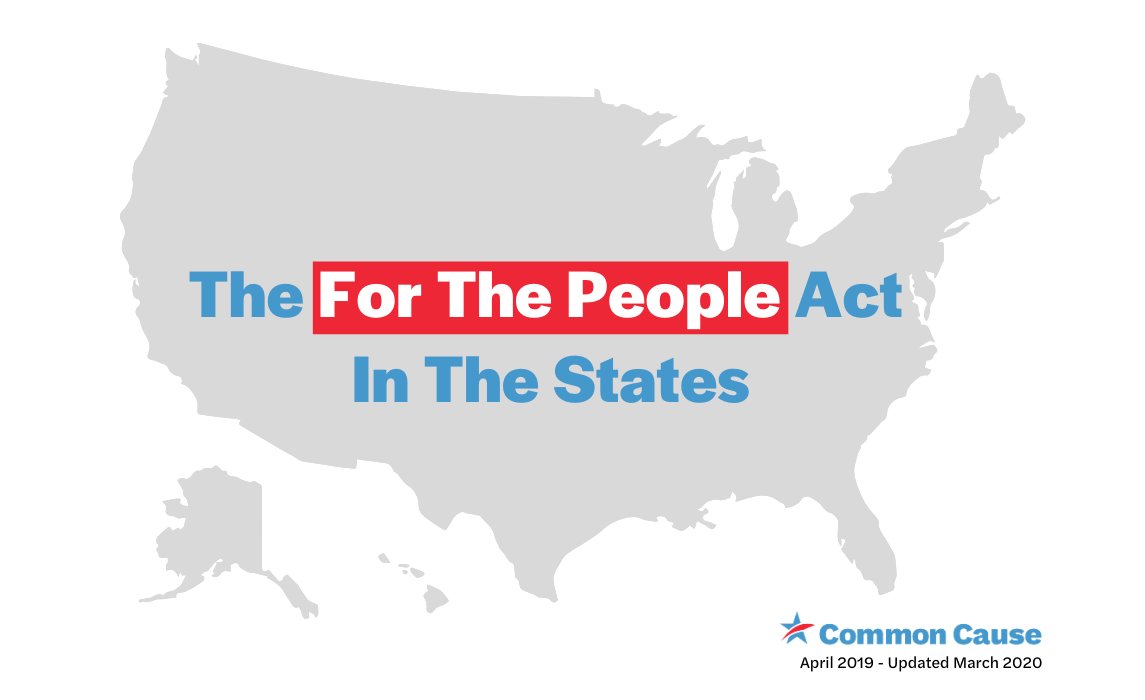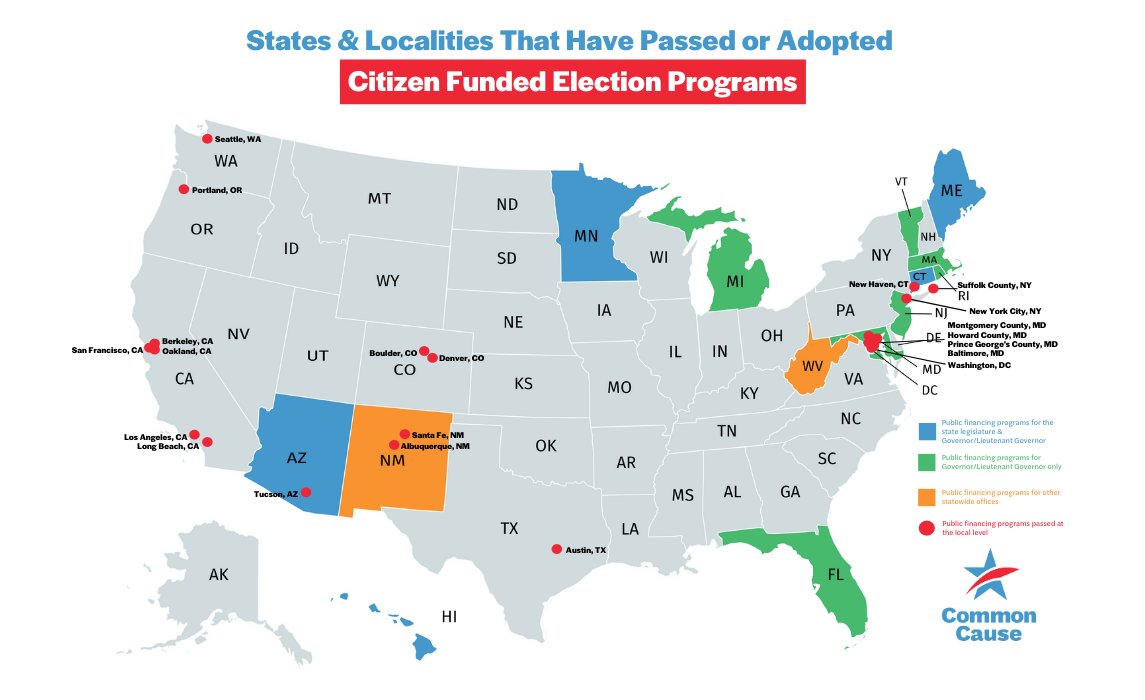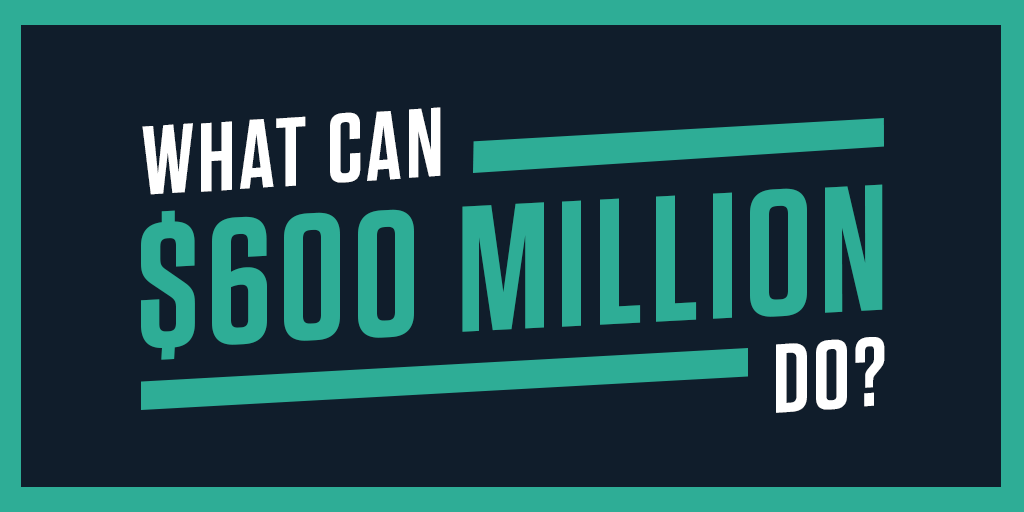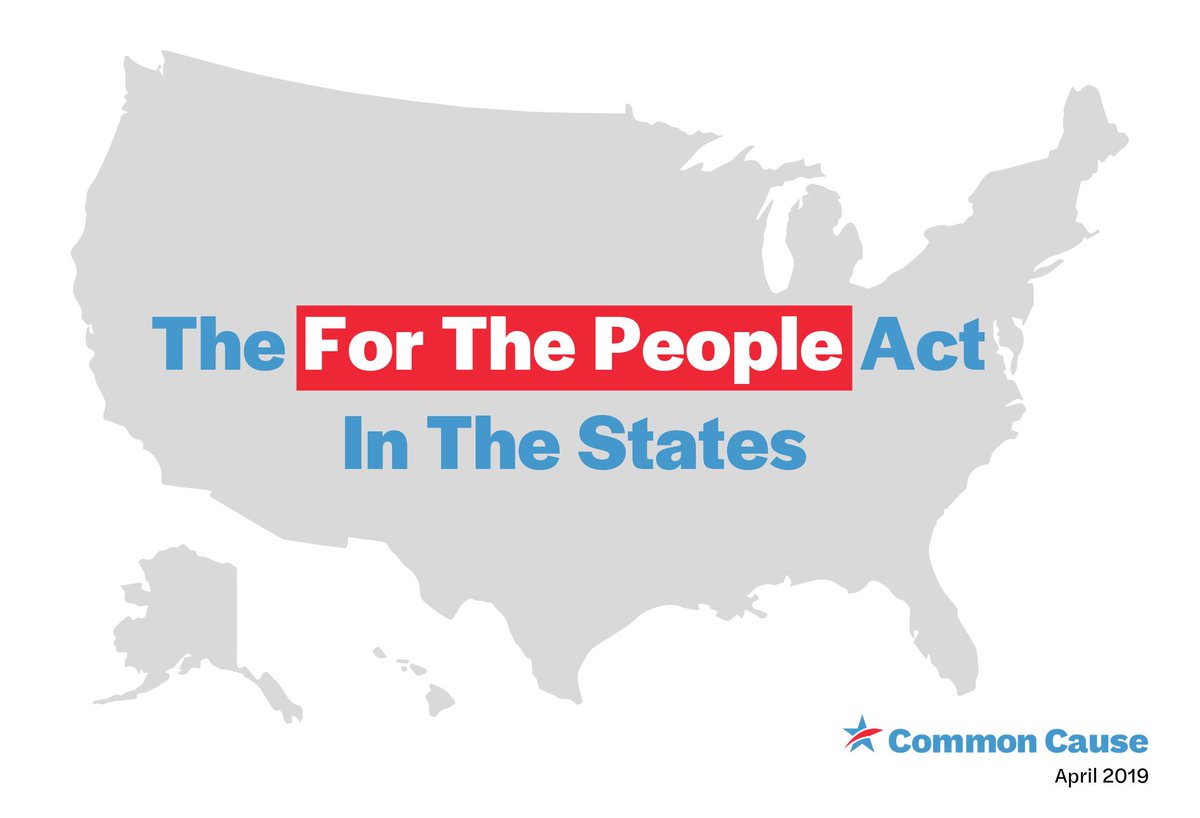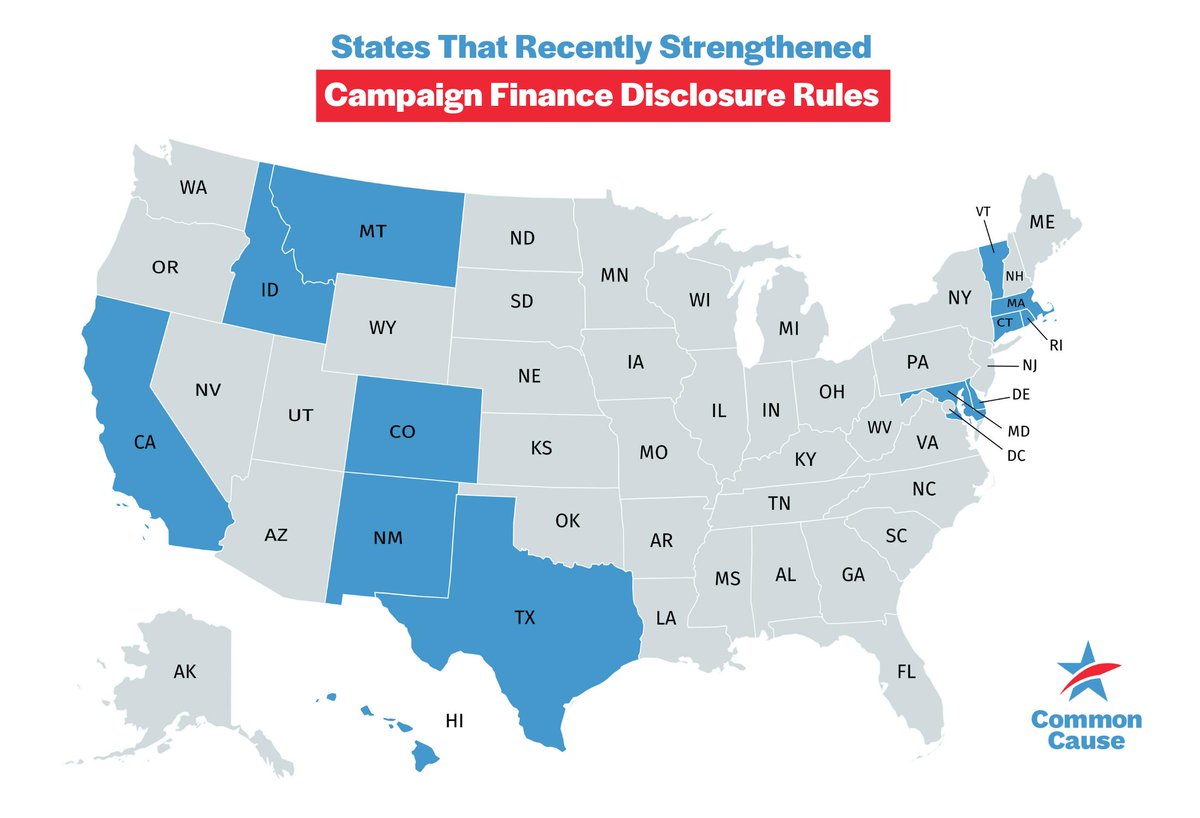
Black women and women of color would not be granted equal access to the vote until the passage of the #VotingRightsAct in 1965.
1965 was really * not * that long ago.
1965 was really * not * that long ago.
Today, there are many barriers that keep communities of color from accessing our democracy and from casting their ballot.
We’re talking felony disenfranchisement laws, restrictions on early voting, violence at the polls, and other voter suppression tactics.
We’re talking felony disenfranchisement laws, restrictions on early voting, violence at the polls, and other voter suppression tactics.
We have much more work to do, but today we honor the women who led and who continue to lead the fight to secure #VotingRightsForAll.
• • •
Missing some Tweet in this thread? You can try to
force a refresh



